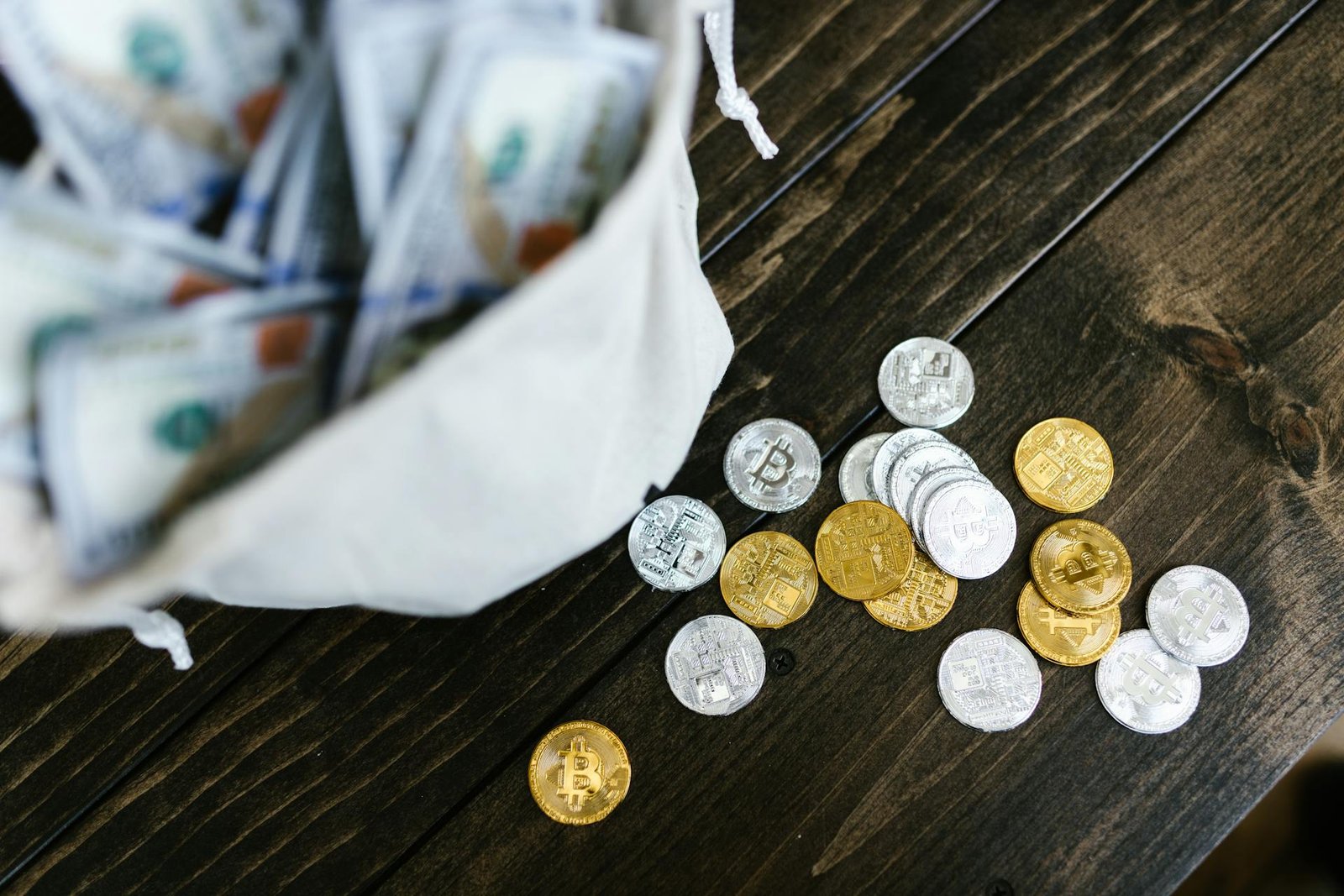Going on a trip is always fun, but not knowing your budget can take away some of the excitement. Setting a realistic travel budget helps you enjoy your trip without worrying about money. A good budget ensures that you can cover all necessary expenses, have some flexibility for experiences, and avoid overspending. This guide will explain how to create a travel budget for any destination, from short weekend trips to long international journeys.
Understand Your Travel Goals
The first step in creating a travel budget is to understand your travel goals. Are you traveling for relaxation, adventure, sightseeing, or work? Your goals will affect how much money you need.
For example, a backpacking trip to a nearby city will require less money than a luxury vacation abroad. If your goal is to explore museums, try local foods, and shop, you will need to allocate funds for entrance fees, meals, and souvenirs. Knowing what you want to do on your trip helps you plan a realistic budget.
Determine the Duration of Your Trip
The length of your trip is one of the most important factors in a budget. A three-day weekend requires less money than a two-week vacation. When planning your budget, include all days, including travel days.
Consider the costs for transportation, your place to stay, food, and activities for each day. For longer trips, it may be easier to save money by staying in budget hotels or using public transport. Breaking down your budget by day gives you a clear view of your overall spending.
Research Your Destination
Research is key to creating a realistic travel budget. Prices for places to stay, meals, transportation, and activities vary greatly depending on the destination.
Look for information online about average hotel prices, public transportation costs, meals, and popular attractions. Travel blogs, official tourism websites, and forums like TripAdvisor can provide helpful insights. This step ensures your budget matches the reality of your destination, avoiding surprises once you arrive.
Budget for Where You Will Stay
Your place to stay is often one of the largest expenses in a trip. Decide what type of accommodation you want, whether it is a hotel, hostel, vacation rental, or guesthouse. Each option comes with different costs.
Budget hotels or hostels are cheaper but may have fewer amenities. Vacation rentals may cost more but can save money on meals if you cook. Luxury hotels are comfortable but expensive. Estimate the total cost for your stay based on the number of nights and type of lodging you prefer. Consider booking early or using last-minute apps to find discounts.
Plan Transportation Expenses
Transportation includes flights, trains, buses, taxis, and public transport. Start by looking at the cost of getting to your destination. Flights often take the largest portion of your transportation budget for international trips.
Once at your destination, calculate how you will get around. Using public transportation, walking, or renting a bicycle can save money. Taxis or ride-hailing services may be convenient but more expensive. Include all expected costs in your budget for a complete picture.
Estimate Food and Drinks
Food is another important part of a travel budget. Decide whether you want to eat at restaurants, cafes, or buy groceries to prepare your own meals. Eating out for every meal can be costly, while buying groceries or using street food can save money.
Research the average cost of meals in your destination. Some cities are much more expensive than others. Include drinks, snacks, and occasional splurges like a special dinner or local treat. Estimating food costs helps you avoid surprises and plan daily spending limits.
Budget for Activities and Experiences
Activities and experiences are often the reason people travel. Sightseeing, museums, tours, concerts, or outdoor adventures all cost money. Make a list of the experiences you want and research prices.
Some activities, like walking tours, public beaches, or city parks, may be free or low cost. Others, such as guided tours or amusement parks, can be expensive. Decide which experiences are most important and include them in your budget to avoid overspending.
Include Extra Costs
Trips often have unexpected expenses. Extra costs can include souvenirs, tips, travel insurance, SIM cards, luggage fees, or emergency needs.
Add a buffer of 10 to 15 percent of your total budget for these extra costs. This ensures that small surprises do not derail your travel plans or create stress. Being prepared for extra costs is a key part of a realistic budget.
Decide on a Daily Budget
Once you have estimated costs for your place to stay, transportation, food, activities, and extra costs, divide the total by the number of days of your trip. This gives you a daily budget, helping you manage your spending each day.
A daily budget makes it easier to track expenses and avoid overspending. It also allows you to adjust your spending for certain days, such as splurging on a special dinner and saving on other days.
Consider Your Travel Style
Your travel style affects your budget. Some travelers prefer luxury experiences, while others enjoy budget or mid-range options. Consider how comfortable you are with different levels of spending.
For example, if you like staying in hotels with pools and eating at restaurants for every meal, your budget will need to be higher. If you are comfortable with hostels, street food, and public transportation, you can travel for much less. Adjust your budget to match your travel style.
Use Budgeting Tools
Several online tools and apps can help plan a travel budget. Websites like Budget Your Trip or TravelMath provide average costs for destinations around the world. You can enter your destination and duration to get estimates for places to stay, food, and activities.
Apps like Trail Wallet or Mint allow you to track expenses in real time while traveling. Using budgeting tools helps you stay organized and ensures you do not overspend during your trip.
Save Money Where Possible
Finding ways to save money can make your budget more realistic. Book flights and your place to stay early to get lower prices. Use public transportation instead of taxis. Look for free or low-cost attractions, local markets, and happy hour deals for meals.
Travel during off peak times if possible, as flights and hotels are often cheaper. Researching discounts and promotions for attractions can also help you stay within your budget. Even small savings each day add up over the course of a trip.
Adjust Your Budget as Needed
A travel budget is not fixed. If you find that your lodging is more expensive than expected, adjust by cutting costs in other areas, such as food or activities. Flexibility ensures you can enjoy your trip without financial stress.
Regularly review your expenses while traveling. Tracking spending helps you see if you are staying within your budget and allows you to make small adjustments before running into problems.
Final Thoughts
Creating a realistic travel budget allows you to enjoy your trip without worrying about money. By understanding your travel goals, researching your destination, estimating your place to stay, transportation, food, activities, and extra costs, you can plan a budget that works for you. Dividing the total into a daily budget and adjusting for your travel style ensures better control over spending.
Using budgeting tools and finding ways to save money make your budget more practical. Remember to include a buffer for unexpected costs and stay flexible while traveling. A well-planned budget allows you to focus on the experiences, sights, and memories of your trip, making travel both enjoyable and stress free.




